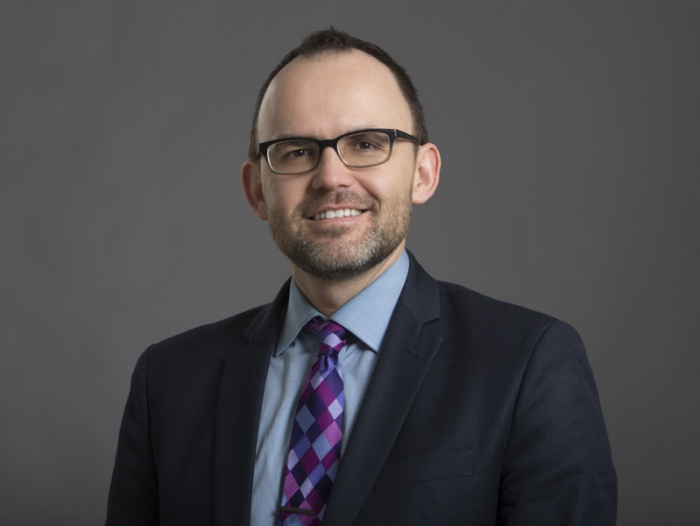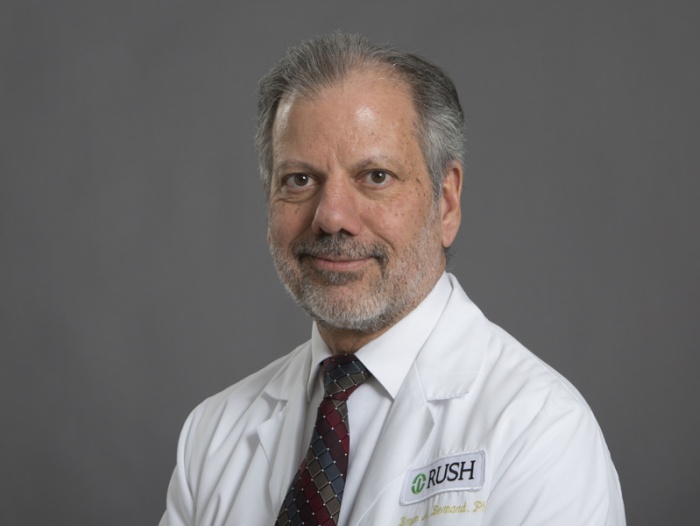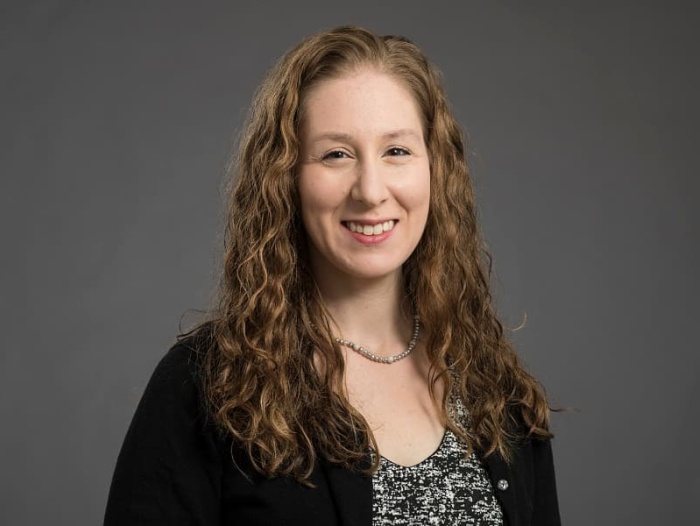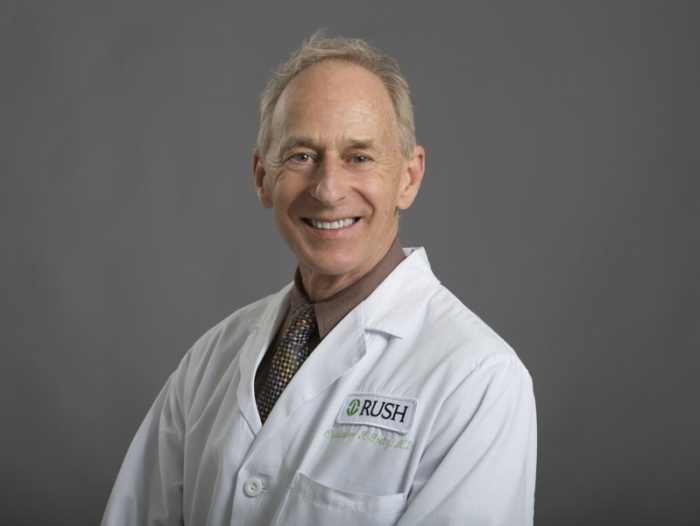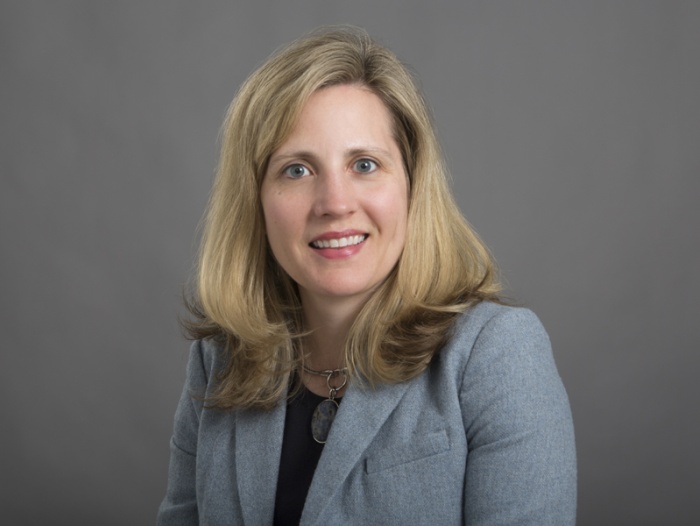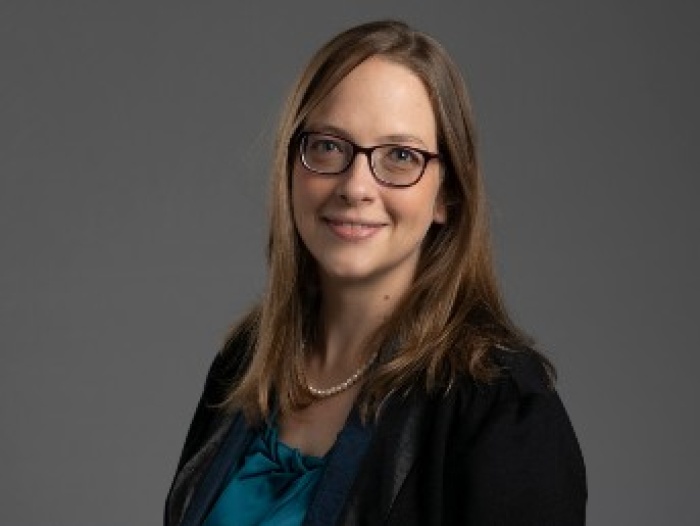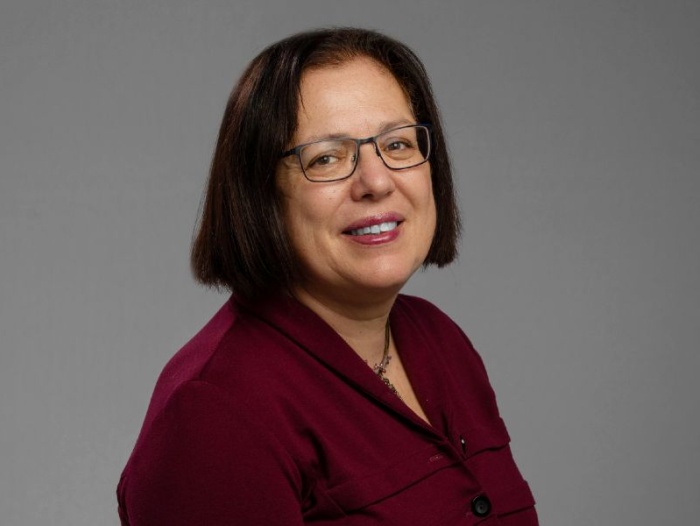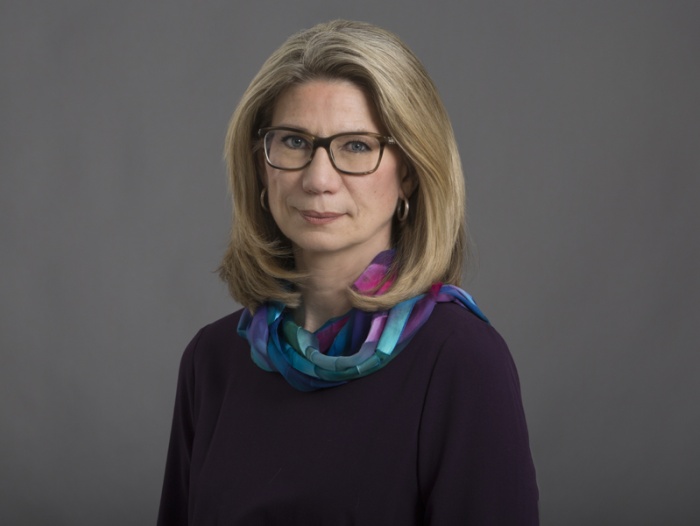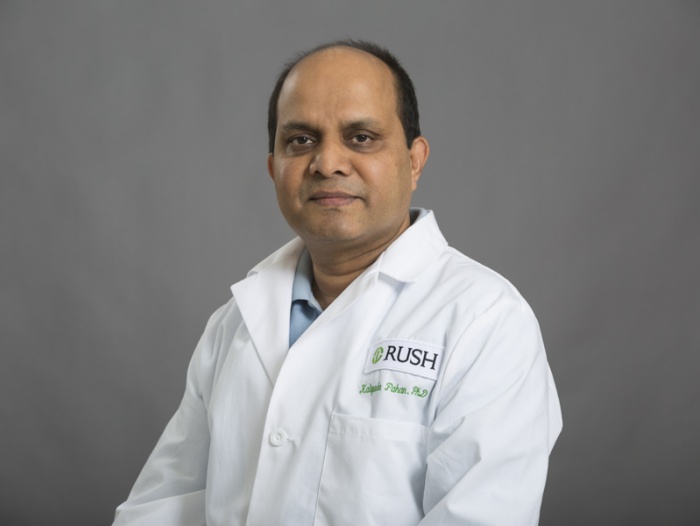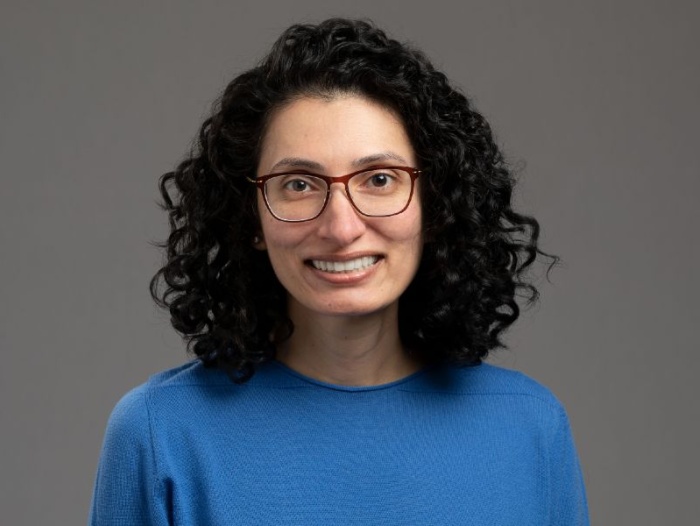The RUMC Movement Disorders Fellowship is one of the oldest training programs of its kind in the United States, established in 1980. Our program provides a unique training experience with our diverse patient population exposing our fellows to common and uncommon movement disorders. Our fellows can expect to treat patients with Parkinson’s disease, Parkinsonism-plus disorders, Huntington’s disease, tics, dystonia, tremors, myoclonus and functional disorders.
The first year of the RUSH Movement Disorders Fellowship focuses on outpatient and inpatient clinical experiences, including seeing new patients with all 10 faculty members and patients in the fellow’s own continuity clinic. Fellows also cover the inpatient movement disorders consult service. During the second year, the fellows have two days of their own continuity clinic and therefore have the flexibility to devote more time on their selected areas of interest.
Spread through both years, the RUSH Movement Disorders Fellowship also includes rotations specifically dedicated to:
- DBS Curriculum includes pre- and post-operative patient evaluation and management, spending time in the operating room, and learning DBS programming under the direction of Dr. Patel.
- The Advanced Interdisciplinary Movement Disorders Supportive Care (AIMS) clinic is a palliative, interdisciplinary clinic directed by Dr. Fleisher, bringing together Movement Disorders and palliative neurology, a nurse, physical and occupational therapist, social worker, a dietitian, and a chaplain to meet the needs of advanced patients with Movement Disorders.
- The weekly Wednesday botulinum toxin clinic and the monthly fellow’s own injection clinic is under the direction of Dr. Kompoliti and Dr. Comella
- The interdisciplinary Huntington’s disease (HD) clinic consists of bringing together neurology, psychiatry, psychology, genetic counseling, and a social worker to take care of patients with HD, under the direction of Dr. Hall.
The RUSH Movement Disorders Fellowship has structured didactic sessions four days a week: Video reviews twice weekly; research meeting, and Grand Rounds weekly. The fellows attend monthly lecture series: I) Phenomenology Rounds; II) Neurogenetics Conferences; III) Neuropsychiatric and Non-motor Curriculum Didactic Sessions; IV) Journal Club. Also, Fellows present their cases in Video Rounds and are responsible for Phenomenology Rounds and Journal Club. Furthermore, they do formal presentations to medical students/residents, our support groups, and PD101 presentations for newly diagnosed patients.
Fellows can take advantage of our section’s wealth of experience and diverse research interests, in pursuing basic science and/or clinical research projects during their fellowship. They are formally mentored to develop their own research protocols with faculty guidance and participate in clinical research trials as raters, sub-investigators, or other roles. Each fellow picks a faculty mentor, based on their specific interests, who guides them more intimately through the steps of the scientific and career development process. Fellows are supported to apply for pilot and other junior investigator grant awards, including the AAN grants. All faculty members have a strong track record in mentoring trainees.
During their fellowship, Fellows can also complete a Master of Science (MS) in Clinical Research. The first year consists of didactics (three hours, twice a week) and the second year is used to complete their thesis research project. This two-year program, certified by The State of Illinois, is designed to provide the candidate with formal training needed to design, carry-out, interpret and publish clinical research studies, and allows graduates to leave RUSH with not only the certificate of fellowship completion but also an advanced degree.
Take a tour of our Clinic: https://youtu.be/mu3G1OX3prk
How to apply
The RUSH University Movement Disorders Fellowship participates in the centralized application process through the SFMATCH. Fellowship applicants should submit their application through the online portal at the SFMatch website.
If you are granted an interview, please plan to spend the day interviewing with our faculty members and present a video case or your previous/current work to our section members. The applicants will meet with the movement disorders faculty, tour the laboratory facilities, as well as the neurology inpatient unit.
If you have any questions or would like more information, please e-mail Dr. Christina Swan, MD, PhD, Fellowship Director, Dr. Katie Kompoliti, MD, Associate Fellowship Director or Lina Lopez Fellowship Coordinator. The office phone number is (312) 942-7319.
Other fellowships in the Department of Neurological Sciences
Clinical Neurophysiology Fellowship
Epilepsy Fellowship
Neurocritical Care Fellowship
Neuroimmunology Fellowship
Stereotactic and Functional Neurosurgery Fellowship
Vascular Neurology Fellowship

